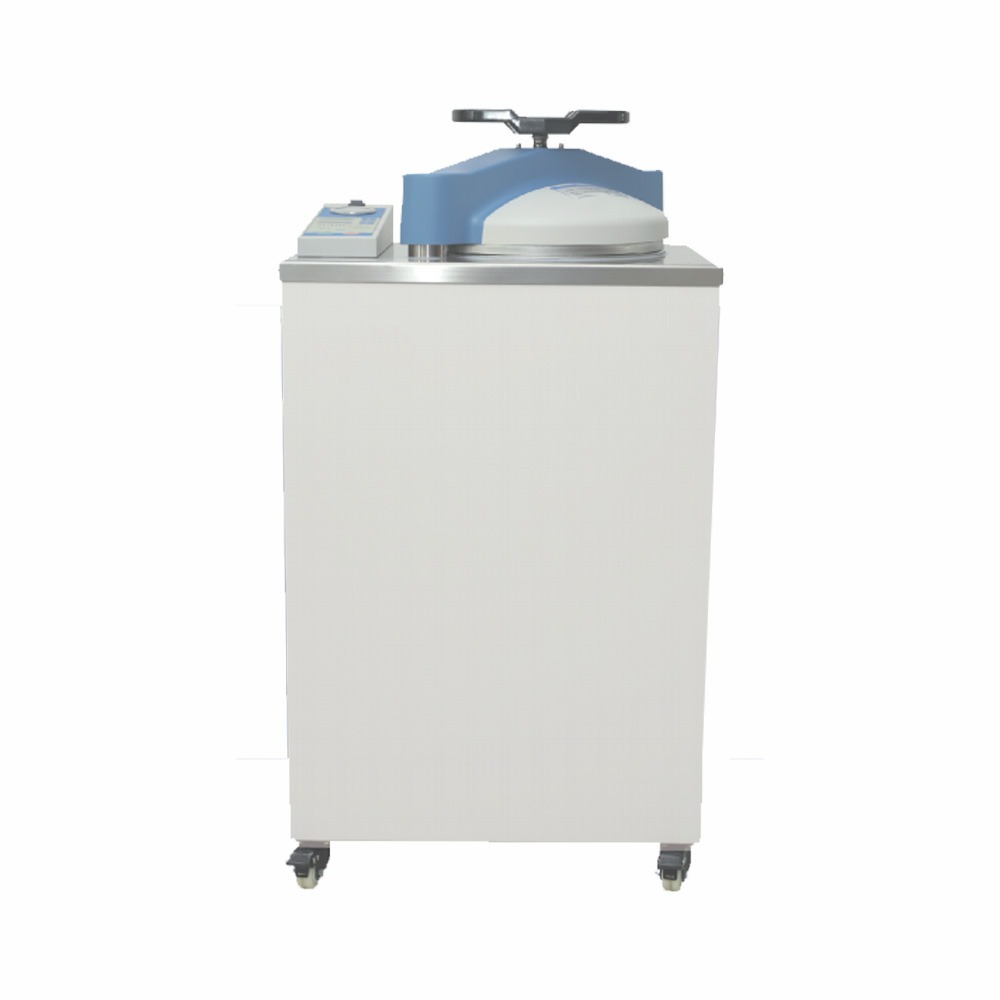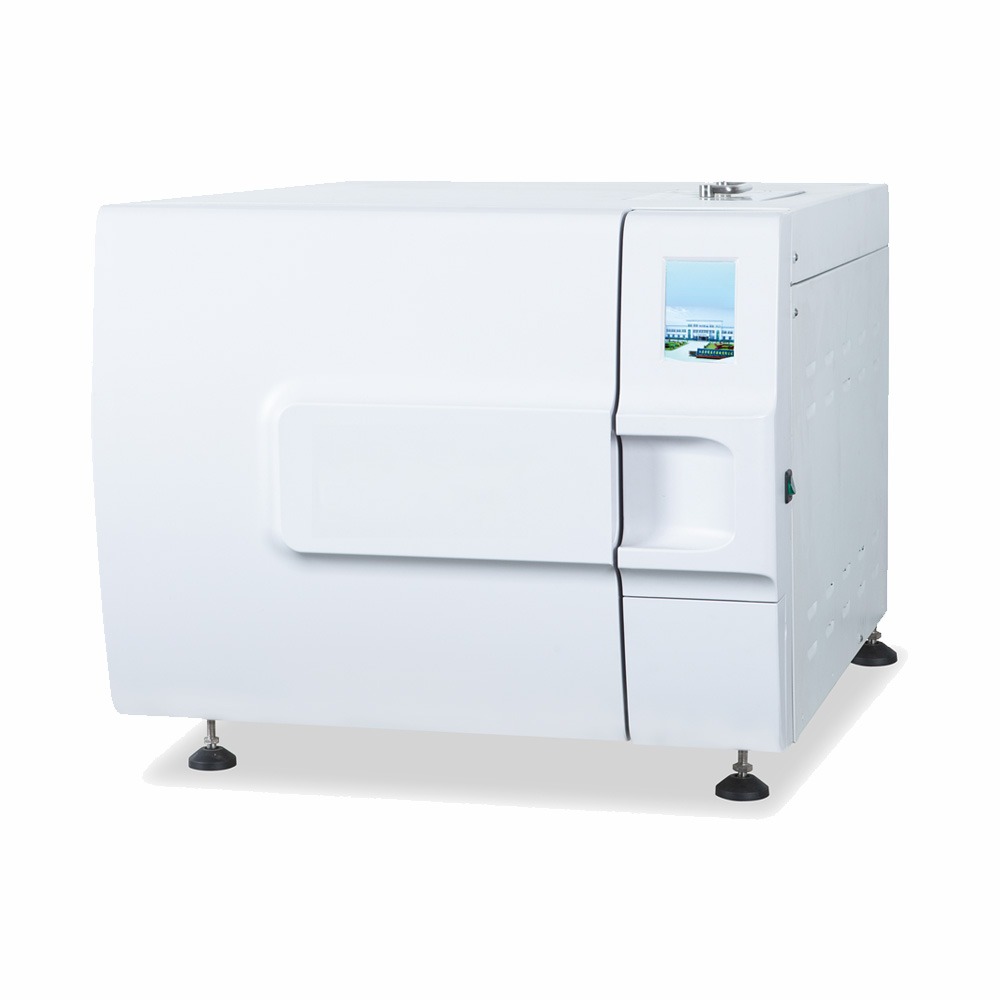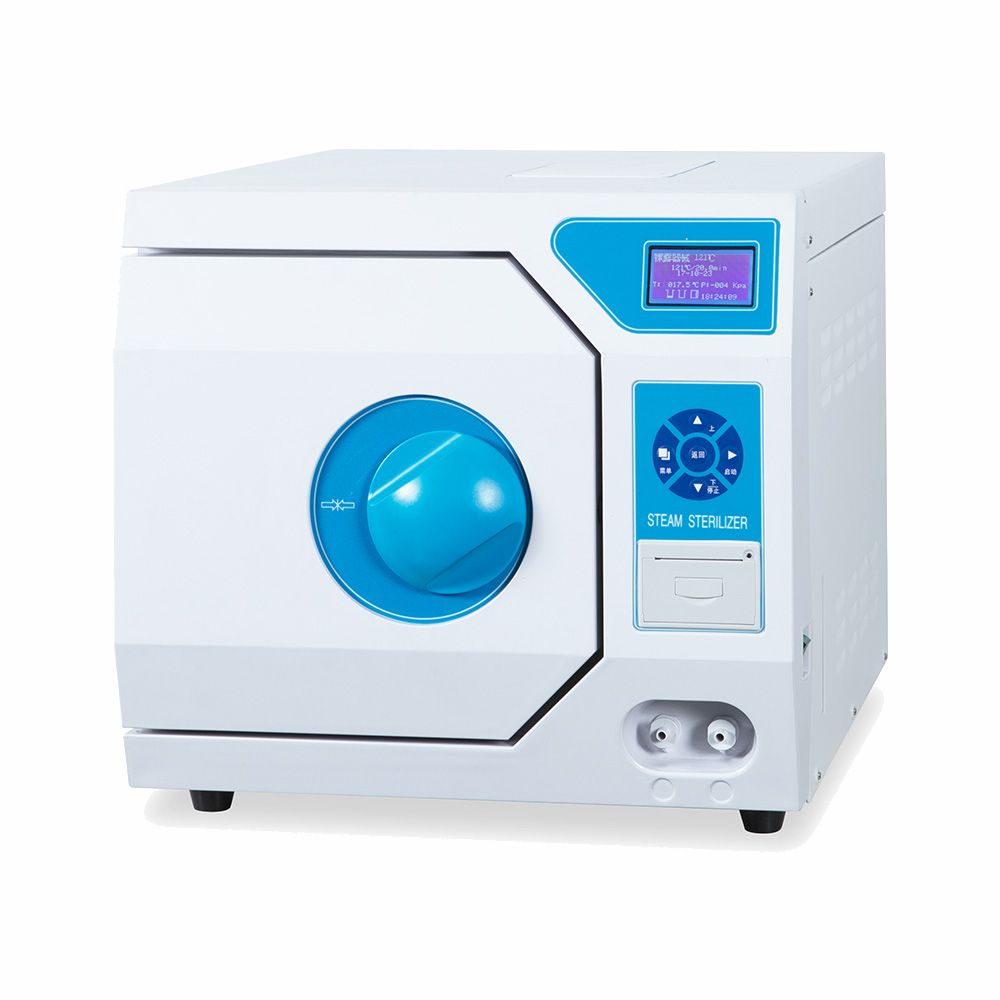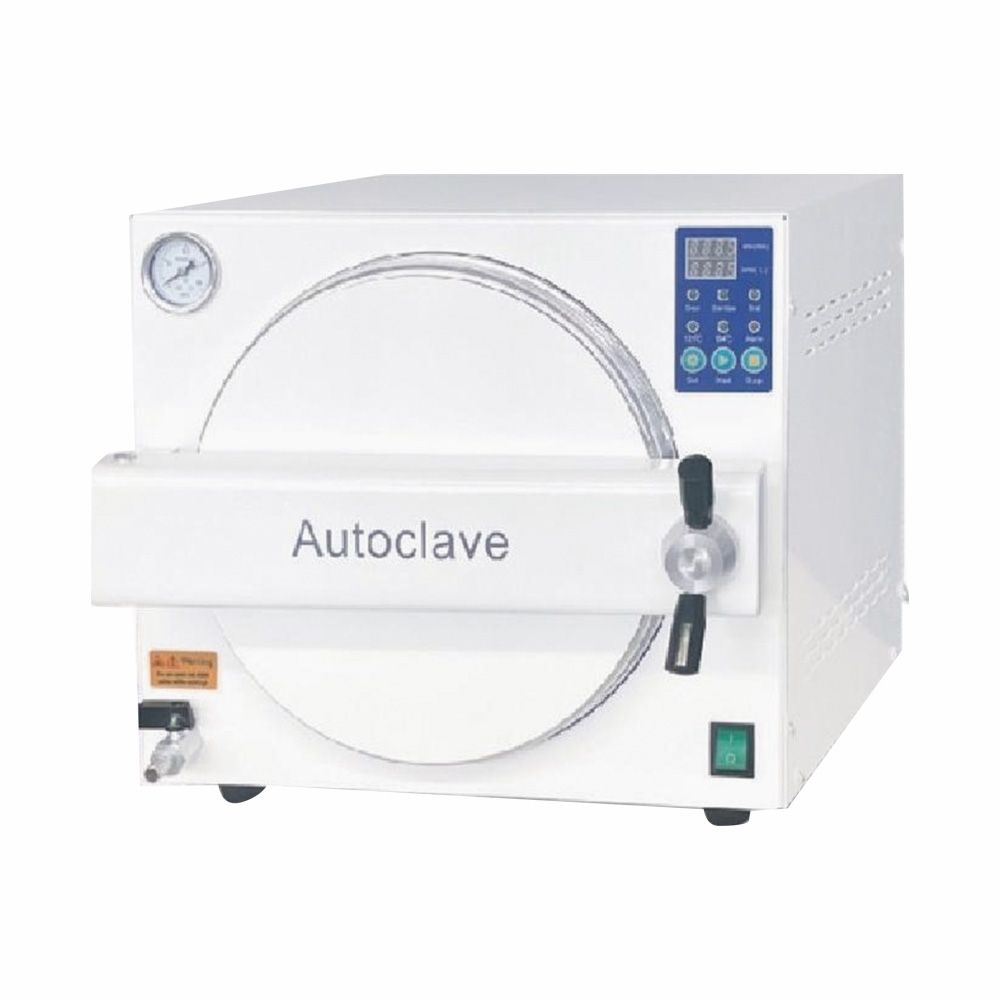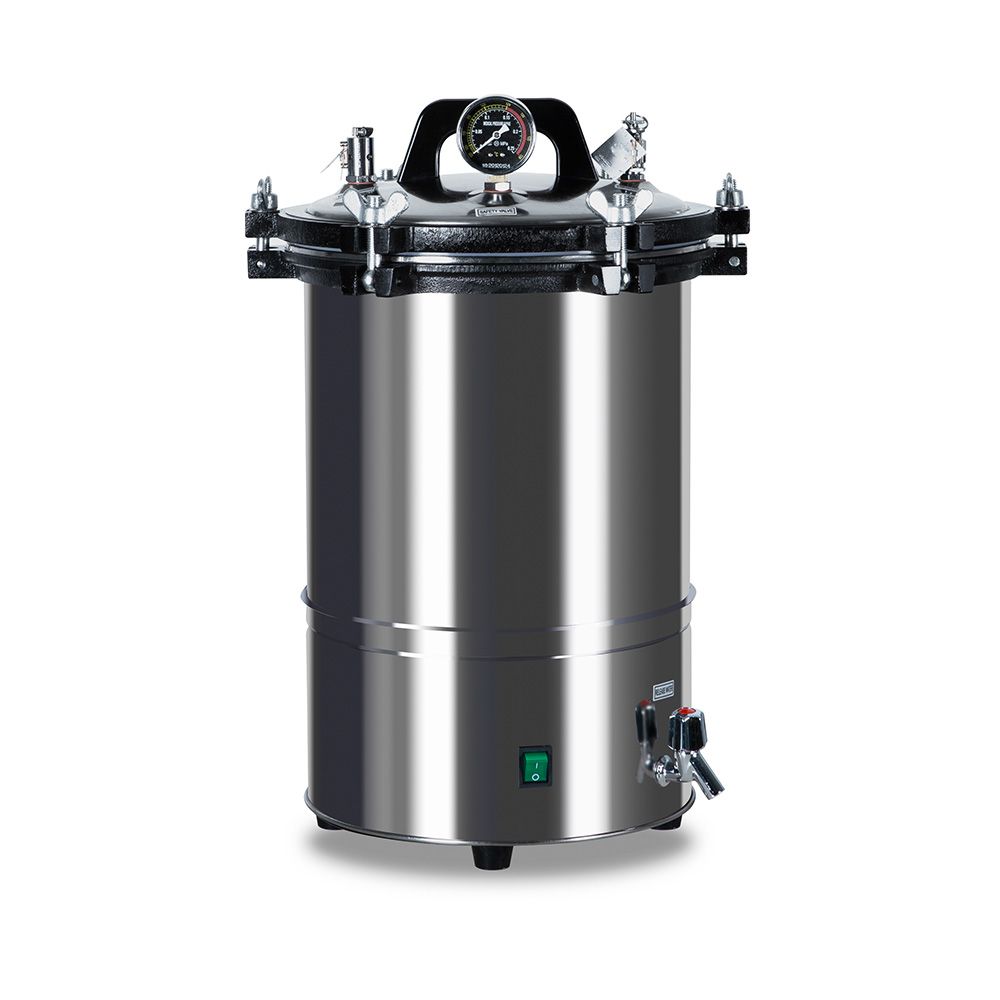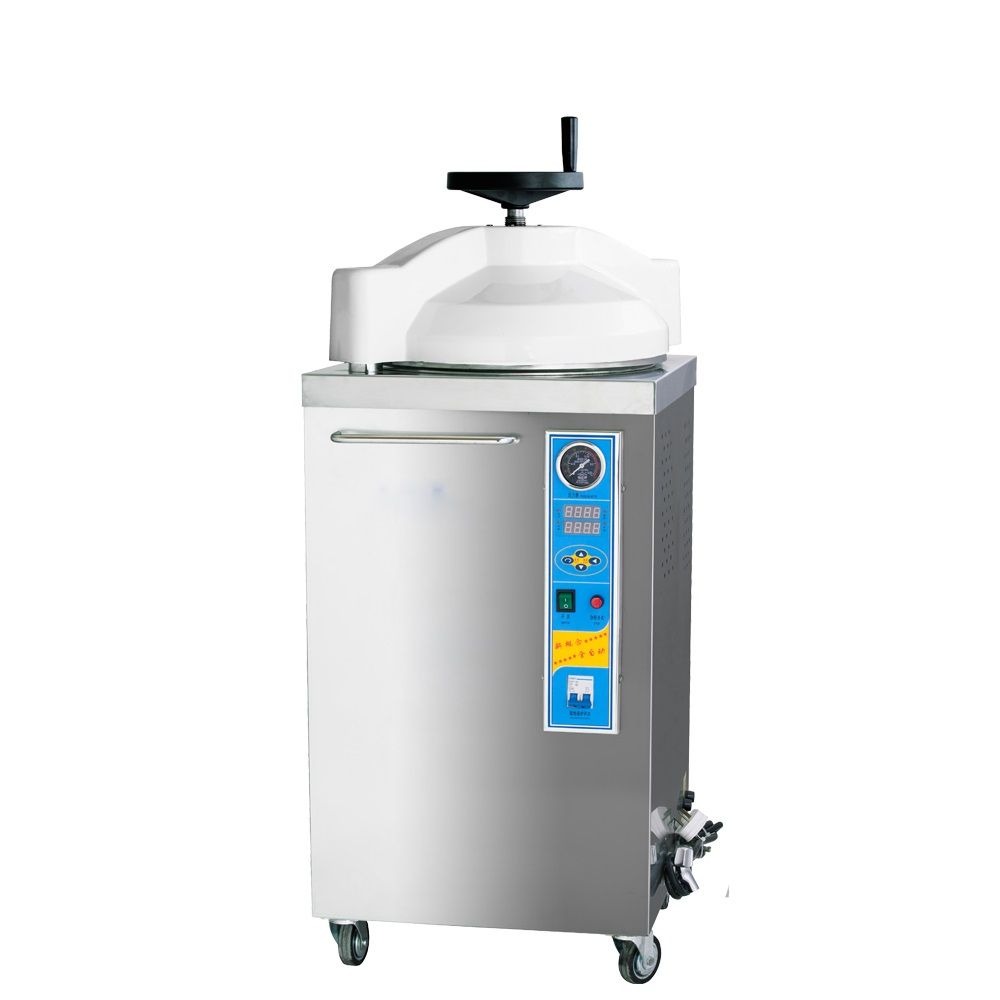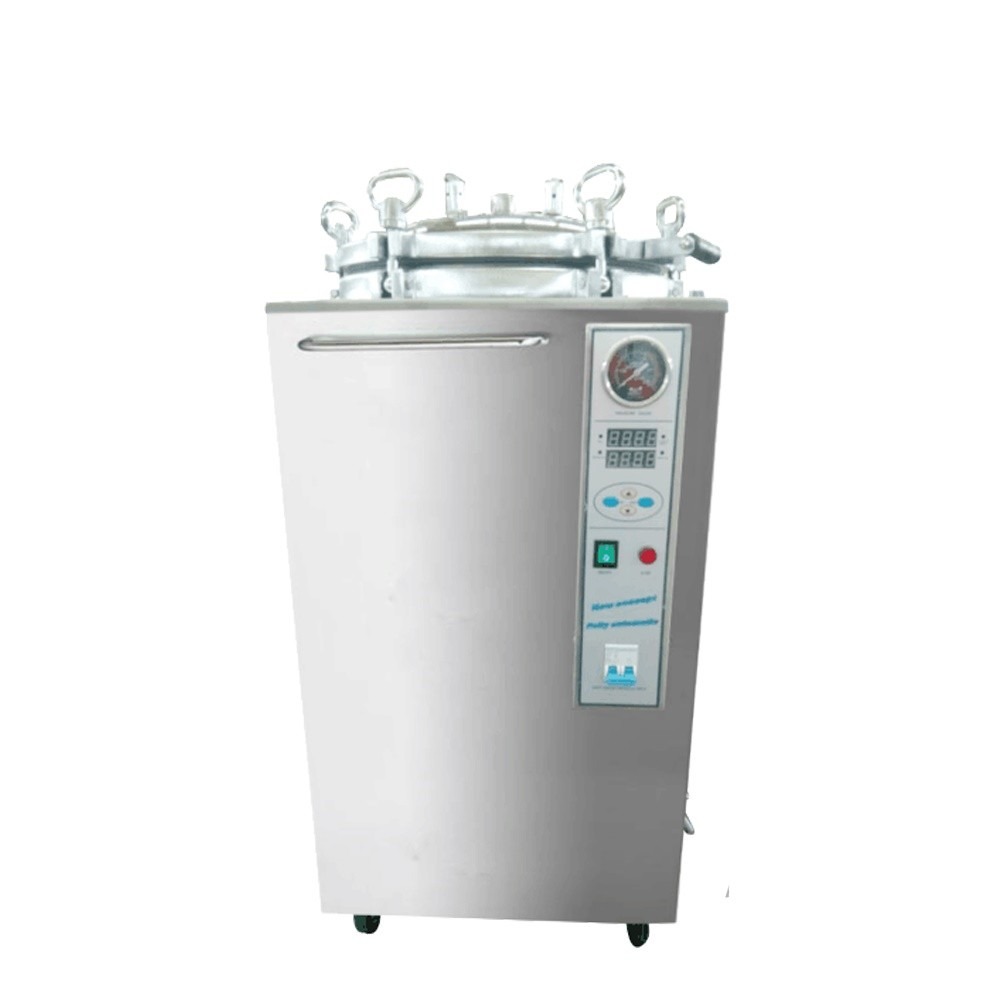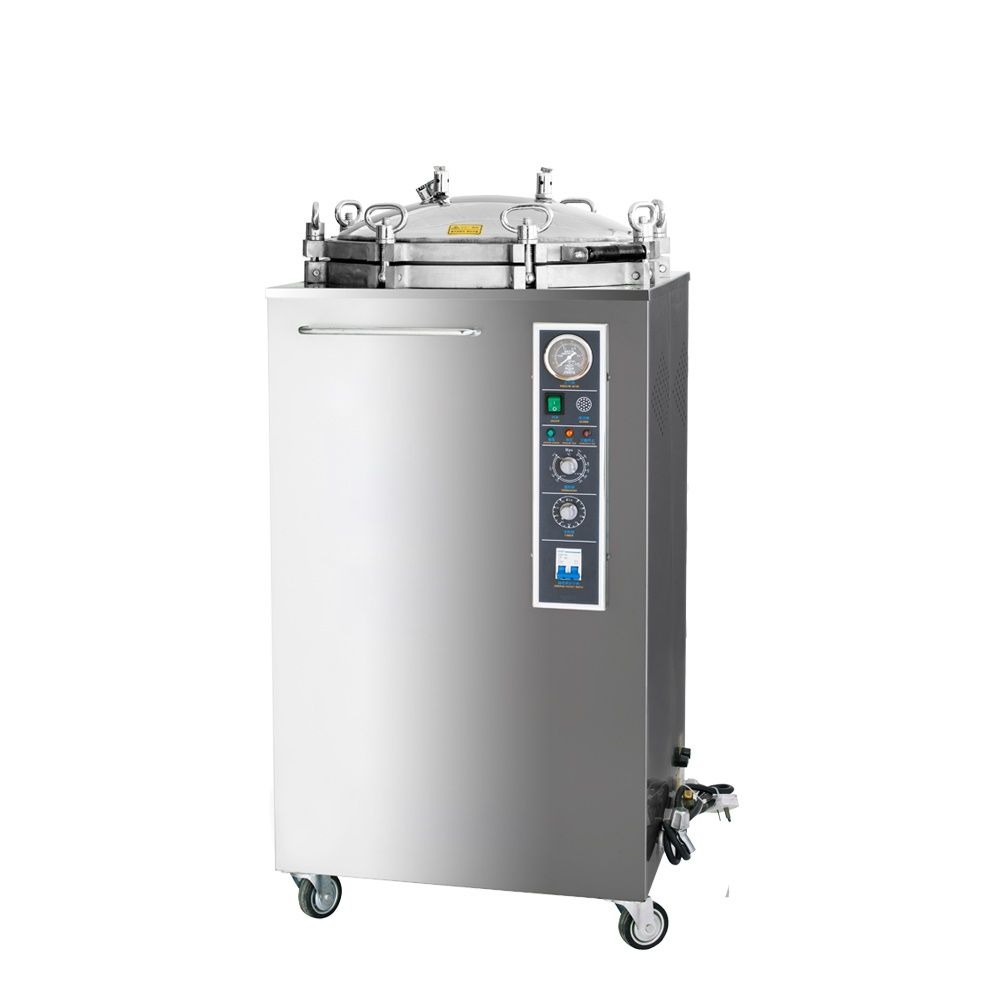Autoclaves are indispensable pieces of equipment that find wide application across various industries, including the medical, laboratory, and food sectors. These highly efficient devices are designed to provide sterilization and decontamination by utilizing high-pressure steam or other suitable sterilizing agents. By effectively eliminating microorganisms, including bacteria, viruses, fungi, and spores, autoclaves play a crucial role in ensuring the safety, quality, and longevity of products and processes.
In this article, we will explore three common applications of autoclaves, specifically in the medical, laboratory, and food industries. Understand how autoclaves contribute to maintaining hygiene, preventing infections, and enhancing overall quality in these sectors.
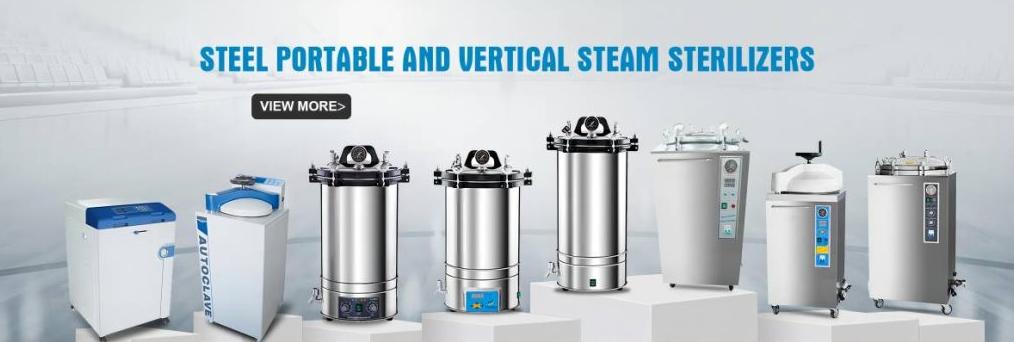
Autoclave Applications in Medical
Autoclaves play a critical role in the medical field, primarily in ensuring the safety and sterility of medical instruments, equipment, and supplies. Here are some key roles of autoclaves in medical settings:
- Sterilization of Medical Instruments: Autoclaves are the machine to sterilize medical instruments, including surgical tools, dental instruments, endoscopes, forceps, scalpels, and more. Proper sterilization of these instruments is essential to prevent the transmission of infections during medical procedures.
- Sterilization of Surgical Supplies: Autoclaves are utilized to sterilize various surgical supplies, such as gowns, drapes, masks, and gloves. Sterile supplies are critical for maintaining aseptic conditions during surgeries and minimizing the risk of surgical site infections.
- Sterilization of Dental Equipment: In dental practices, autoclaves are used to sterilize dental handpieces, probes, mirrors, and other instruments. Dental autoclaves ensure that dental procedures can be performed safely and hygienically, reducing the risk of cross-contamination between patients.
- Sterilization of Implants and Medical Devices: Autoclaves are crucial in sterilizing implants, prosthetics, and medical devices before they are used in surgical procedures. The sterilization process eliminates any potential pathogens and ensures the safety and biocompatibility of these devices.
- Prevention of Healthcare-Associated Infections (HAIs): Autoclaves play a significant role in reducing healthcare-associated infections (HAIs), which are infections acquired during medical care. By effectively sterilizing instruments and equipment, autoclaves help prevent the transmission of pathogens between patients and minimize the risk of HAIs.
- Safe Handling of Contaminated Waste: Autoclaves are utilized in healthcare facilities to safely dispose of biohazardous waste, such as used needles, syringes, and other medical materials. Proper sterilization and disposal of contaminated waste help protect healthcare workers, patients, and the environment from potential infections.
- Compliance with Regulatory Standards: Medical facilities are required to comply with stringent infection control regulations and guidelines. Autoclaves provide a validated method for sterilization, helping healthcare facilities meet regulatory requirements and demonstrate their commitment to patient safety and infection prevention.
- Research and Laboratory Applications: Autoclaves are utilized in medical research and laboratory settings to sterilize media, equipment, and supplies. Sterile conditions are crucial for conducting experiments, culturing cells, and ensuring accurate results in laboratory studies.
Autoclaves are essential tools in the medical field, contributing to the overall safety and sterility of medical instruments, equipment, supplies, and implants. They play a crucial role in preventing infections, reducing the risk of cross-contamination, and maintaining a sterile environment for patient care and medical procedures.
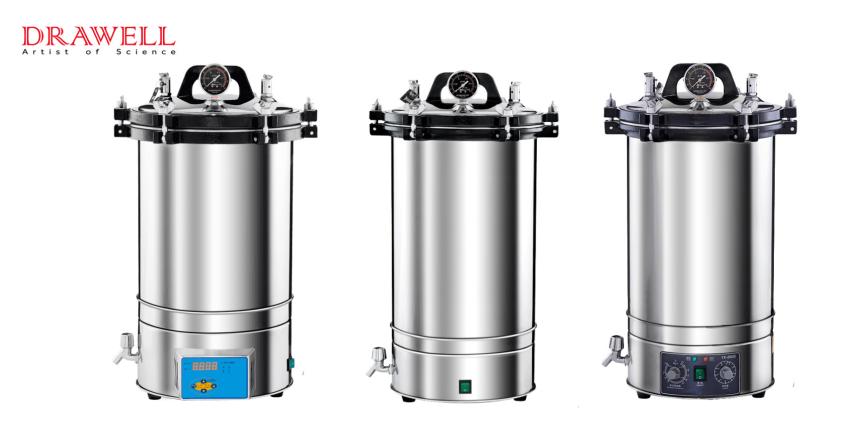
Autoclave Applications in Laboratory
Autoclaves play a vital role in sterilizing lab equipment to ensure a sterile and contamination-free laboratory environment. Here are some key roles of autoclaves in sterilizing lab equipment:
- Microbial Inactivation: Autoclaves utilize high-pressure saturated steam to raise the temperature to levels that effectively kill microorganisms. This heat-based sterilization process inactivates bacteria, viruses, fungi, and spores present on lab equipment, ensuring that they are free from potential sources of contamination.
- Sterilization of Glassware: Autoclaves are commonly used to sterilize laboratory glassware, including beakers, flasks, test tubes, pipettes, and Petri dishes. Glassware needs to be free from microbial contamination to ensure accurate experimental results and prevent cross-contamination between samples.
- Sterilization of Metal Instruments: Autoclaves are also used to sterilize metal instruments such as forceps, scalpels, scissors, and clamps used in laboratory procedures. Sterile instruments are crucial for maintaining aseptic conditions during experiments, surgeries, or other laboratory manipulations.
- Decontamination of Plastic Equipment: Many plastic laboratory items, such as sample containers, plastic tubes, and culture dishes, can be safely sterilized in autoclaves. Autoclaving effectively kills microorganisms on plastic equipment, reducing the risk of contamination.
- Sterilization of Liquid Media: Autoclaves are used to sterilize liquid media, such as nutrient broths, growth media, and buffers. Sterile liquid media are critical for culturing microorganisms or conducting experiments without introducing unwanted contaminants.
- Sterilization of Solid Media: Autoclaves can also sterilize solid media, such as agar plates used for microbial culture. Properly sterilized solid media provide a controlled environment for the growth and identification of microorganisms without interference from unwanted contaminants.
- Decontamination of Biological Safety Cabinets: Autoclaves play a role in the decontamination of biological safety cabinets (BSCs) used in laboratories. BSCs are enclosed workspaces designed to provide a sterile environment for working with hazardous materials. Autoclaving BSC surfaces and accessories helps ensure a clean and safe working area.
- Sterilization of Laboratory Supplies: Autoclaves are used to sterilize various laboratory supplies, including gloves, masks, filters, and other disposable items. Sterile supplies help maintain aseptic conditions during experiments and minimize the risk of contamination.
By effectively sterilizing lab equipment, autoclaves contribute to the overall cleanliness, safety, and accuracy of laboratory procedures. They help create a controlled and contamination-free environment, ensuring reliable experimental results and reducing the risk of cross-contamination between samples.
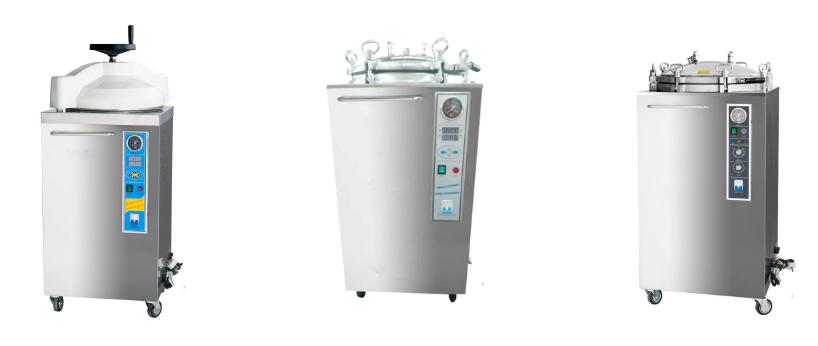
Autoclave Applications in Food Industry
Autoclaves play a key role in food preservation and canning processes, helping to ensure the safety and extended shelf life of various food products. Here are some key ways autoclaves are utilized in food preservation and canning:
- Sterilization of Canned Foods: Autoclaves are commonly used in the canning industry to sterilize sealed food cans or jars. The cans, filled with food products and sealed with lids, are subjected to high-pressure steam in autoclaves. This process effectively kills bacteria, molds, yeasts, and other microorganisms, preventing spoilage and ensuring the long-term preservation of the food.
- Preservation of Low-Acid Foods: Autoclaves are particularly important for preserving low-acid foods that require high-temperature processing to ensure their safety. Low-acid foods, such as meats, vegetables, soups, and sauces, are susceptible to the growth of dangerous microorganisms. Autoclaving at high temperatures destroys these microorganisms, making the food safe for long-term storage.
- Elimination of Pathogens: Autoclaving is highly effective in eliminating foodborne pathogens, including Salmonella, Escherichia coli (E. coli), and Clostridium botulinum. These pathogens can cause severe illness if present in food products. Autoclaves provide the necessary heat treatment to destroy these pathogens and ensure food safety.
- Destruction of Spoilage Microorganisms: Autoclaving also helps destroy spoilage microorganisms that can cause food deterioration, including yeasts and molds. By eliminating these microorganisms, autoclaves extend the shelf life of canned and preserved foods, maintaining their quality and freshness.
- Retention of Nutritional Value: Autoclaves provide precise control over the sterilization process, allowing for shorter processing times and minimal nutrient loss in food products. Compared to other preservation methods, autoclaving helps retain the nutritional value, flavor, and texture of the preserved foods.
- Uniform Heating: Autoclaves distribute heat evenly throughout the canned food products, ensuring uniform sterilization and eliminating potential hot or cold spots. This uniform heating helps achieve consistent results and reduces the risk of inadequate sterilization.
- Compliance with Food Safety Regulations: Food production facilities must adhere to strict food safety regulations and guidelines. Autoclaves provide a validated method of sterilization, helping food manufacturers meet regulatory requirements and demonstrate their commitment to food safety.
- Extended Shelf Life: By effectively sterilizing canned foods, autoclaves contribute to extending their shelf life. Properly sterilized and sealed canned products can be stored at room temperature for an extended period without the risk of spoilage or microbial growth.
Autoclaves are indispensable in the food preservation and canning industry, ensuring the safety, quality, and extended shelf life of various food products. Their utilization helps prevent foodborne illnesses, maintain nutritional value, and meet regulatory standards.
In conclusion, autoclaves find widespread use in the medical, laboratory, and food industries, serving distinct purposes in each sector. Whether it is ensuring the sterility of medical instruments, maintaining aseptic conditions in laboratories, or preserving the safety and quality of food products, autoclaves are vital tools for preventing infections, maintaining hygiene, and enhancing overall quality. By harnessing the power of high-pressure steam, autoclaves have become indispensable in these industries, contributing to the well-being and safety of individuals and the success of various processes.

